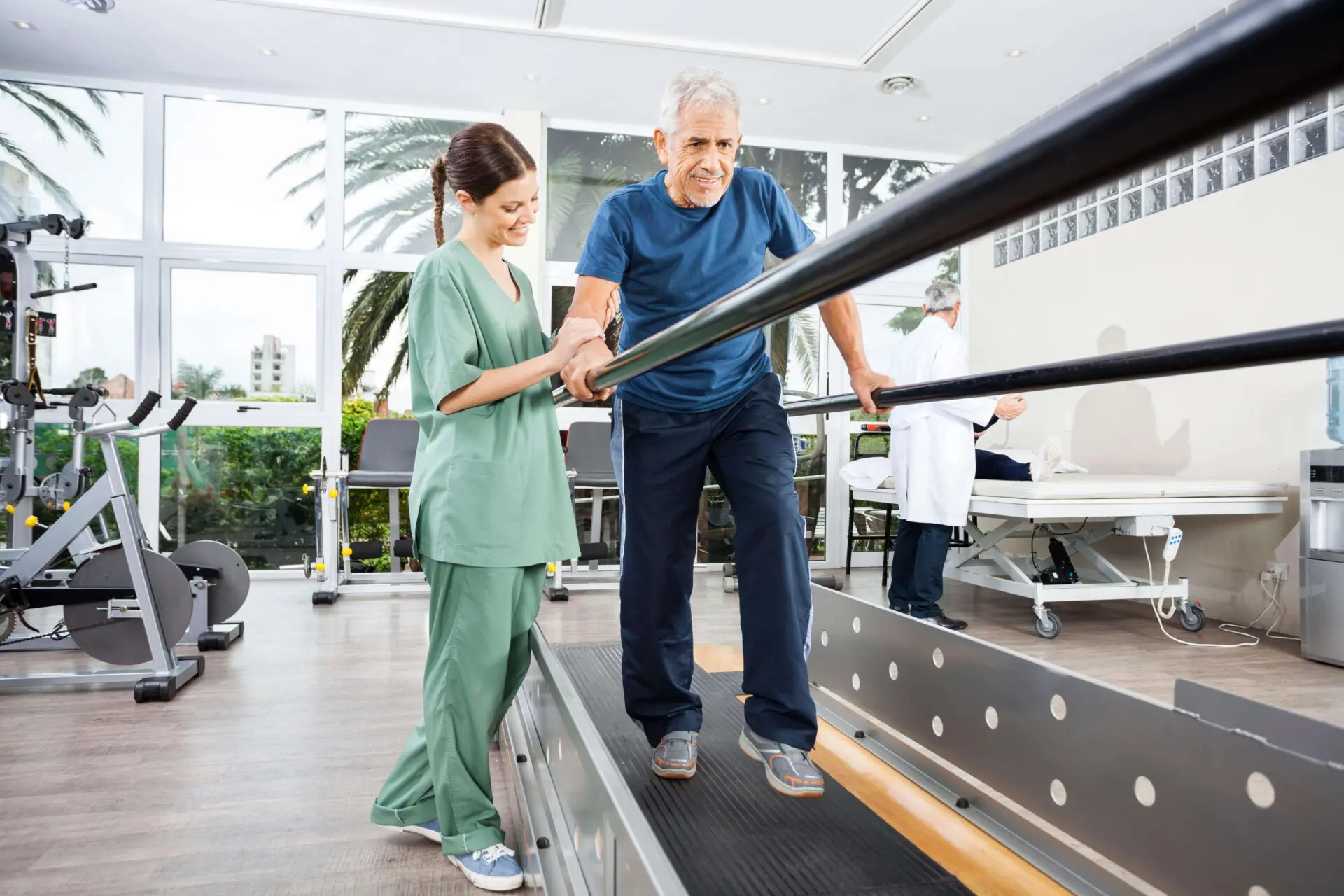Rumored Buzz on Dementia Fall Risk
Rumored Buzz on Dementia Fall Risk
Blog Article
The 6-Second Trick For Dementia Fall Risk
Table of ContentsWhat Does Dementia Fall Risk Mean?How Dementia Fall Risk can Save You Time, Stress, and Money.All About Dementia Fall RiskDementia Fall Risk Fundamentals ExplainedFacts About Dementia Fall Risk Revealed
The FRAT has three areas: fall danger standing, threat factor list, and activity plan. A Fall Risk Condition consists of information about history of current drops, drugs, emotional and cognitive standing of the person - Dementia Fall Risk.If the client ratings on a risk aspect, the corresponding number of points are counted to the patient's fall risk score in the box to the far. If an individual's loss threat rating completes 5 or greater, the individual is at high danger for falls. If the client scores only 4 factors or reduced, they are still at some danger of falling, and the nurse should utilize their ideal professional analysis to take care of all autumn danger aspects as part of a holistic care strategy.
These typical methods, in basic, assist create a secure environment that minimizes accidental falls and marks core preventative actions for all clients. Indications are vital for clients at threat for falls.
Dementia Fall Risk - An Overview
Wristbands must include the individual's last and initial name, day of birth, and NHS number in the UK. Only red color should be utilized to indicate special patient status.
Things that are also much might need the client to connect or ambulate unnecessarily and can potentially be a hazard or add to drops. Assists stop the individual from going out of bed without any type of assistance. Registered nurses react to fallers' telephone call lights quicker than they do to lights initiated by non-fallers.
Visual disability can greatly create falls. Hip pads, when used properly, may lower a hip crack when fall happens. Keeping the beds closer to the flooring minimizes the threat of drops and severe injury. Putting the mattress on the flooring substantially minimizes autumn threat in some health care settings. Reduced beds are designed to lessen the distance an individual drops after moving out of bed.
Dementia Fall Risk Can Be Fun For Anyone
Individuals who are tall and with weak leg muscle mass that attempt to remain on the bed from a standing setting are most likely to drop onto the bed because it's too low for them to decrease themselves safely. If a tall individual efforts to obtain up from a reduced bed without assistance, the person is most likely to drop back down onto the bed or miss out on the bed and drop onto the flooring.
They're made to advertise prompt rescue, not to protect against falls from bed. Audible alarms can also remind the client not to rise alone. Using alarm systems can likewise be a replacement for physical restraints. Besides bed alarm systems, boosted guidance for high-risk clients also may aid avoid falls.

Individuals with a shuffling gait rise autumn opportunities considerably. To minimize fall threat, shoes need to be with a little to no heel, slim soles with slip-resistant tread, and sustain the ankles.
The Only Guide to Dementia Fall Risk
People, particularly older grownups, have actually reduced visual ability. Lighting an unknown atmosphere aids enhance presence if the patient need to obtain up in the evening. In a research, homes with ample illumination record fewer drops (Ramulu et al., 2021). Enhancement in lighting in the house may reduce fall prices in older adults (Dementia Fall Risk). The use of gait belts by all health care carriers can promote safety when assisting people with transfers from bed to chair.

Caretakers are effective for guaranteeing a safe and secure, secured, and safe setting. However, studies demonstrated really low-certainty evidence that sitters lower loss danger in severe care hospitals and just moderate-certainty that options like video monitoring can lower caretaker usage without increasing fall risk, recommending that sitters are not as beneficial as originally believed (Greely et al., 2020).
What Does Dementia Fall Risk Mean?

Boosted physical conditioning reduces the threat for falls and limits injury that is suffered when loss takes place. Land and water-based workout programs might be in a similar way advantageous over at this website on equilibrium and gait and thereby reduce the risk for drops. Water workout may contribute a favorable benefit on balance and stride for females 65 years and older.
Chair Rise Exercise is a straightforward sit-to-stand workout that aids enhance the muscular tissues in the upper legs and buttocks and improves flexibility and freedom. The objective is to do Chair Rise workouts without using hands as the client becomes stronger. See resources section for a comprehensive guideline on how to do Chair Increase workout.
Report this page